Producer profile
Jo Landron
-

Organic farming
-

Vegan friendly
-

Hand crafted
-

Ambient yeast
-

Minimal sulfites
Wine region
Sèvre et Maine, France
Frequently asked question
We will process and ship your order in 2-3 business days, you will receive a shipping confirmation email with tracking as soon as the Carrier scans the shipping label.
Ground shipping time depends on location, here's a breakdown:
West Coast: 1-2 business days
Midwest: 3-4 business days
East Coast: 5 business days
Process time is not shipping time. Shipping time starts from the days successive to the day of shipping, after the order has been processed.
See here our shipping policy.
Signature on delivery is mandatory for wine deliveries. Please make sure someone is at the shipping address to sign for the package.
If applicable, please consider delivering the package to a business address to ensure someone is available to sign for the package.
We also have the option of delivering the package to a Carrier's store for pickup. Please reach out to us to coordinate.
Carrier will try to delivery a package up to three times before returning the package to us.
See here our shipping policy.
If you miss a delivery and a package gets returned to us we have two options:
1) Reship the package right away: due to the very high cost of shipping and returns, we must charge a re-shipping fee to be determined based on package size and shipping destination.
2) Consolidate the returned package with your next order: this option is free of charge and it's the most popular option.
See here our shipping policy.
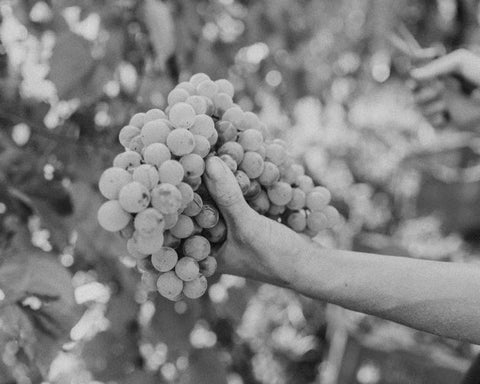
What is natural wine?
Natural wine is a type of wine made in small batches from hand-harvested organic or biodynamic grapes with minimal intervention in the cellar.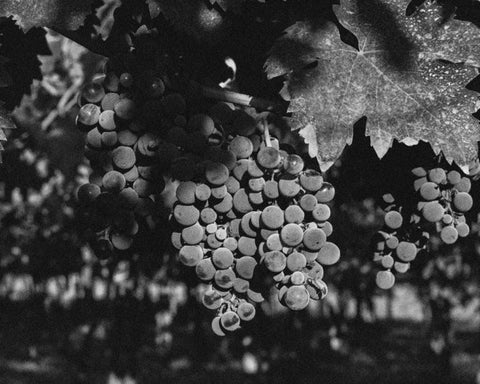
What is Biodynamics?
Biodynamic wine is wine made with grapes farmed biodynamically. Biodynamic farming is a holistic approach to farming.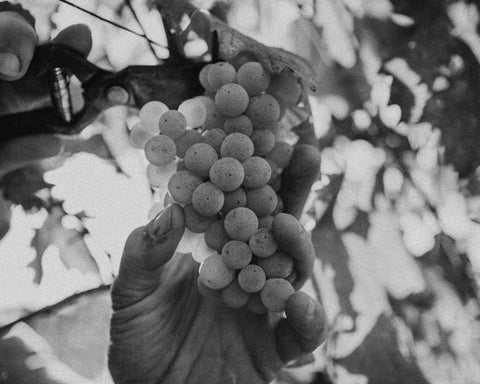
What is organic wine?
Organic wine is made with grapes farmed organically. Organic farming is a type of farming alternative to conventional farming.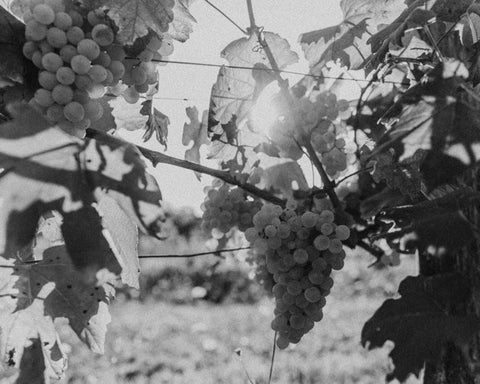

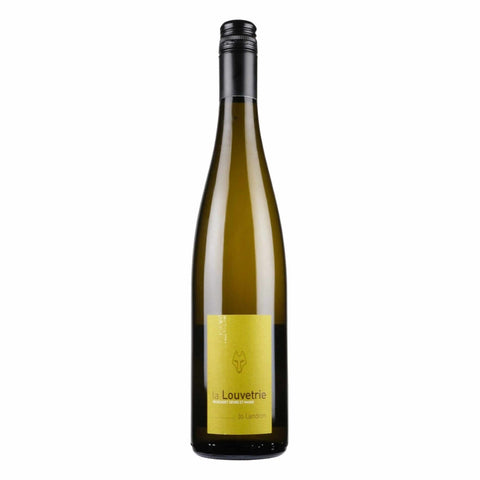
 Wine Details & Food Pairings
Wine Details & Food Pairings

